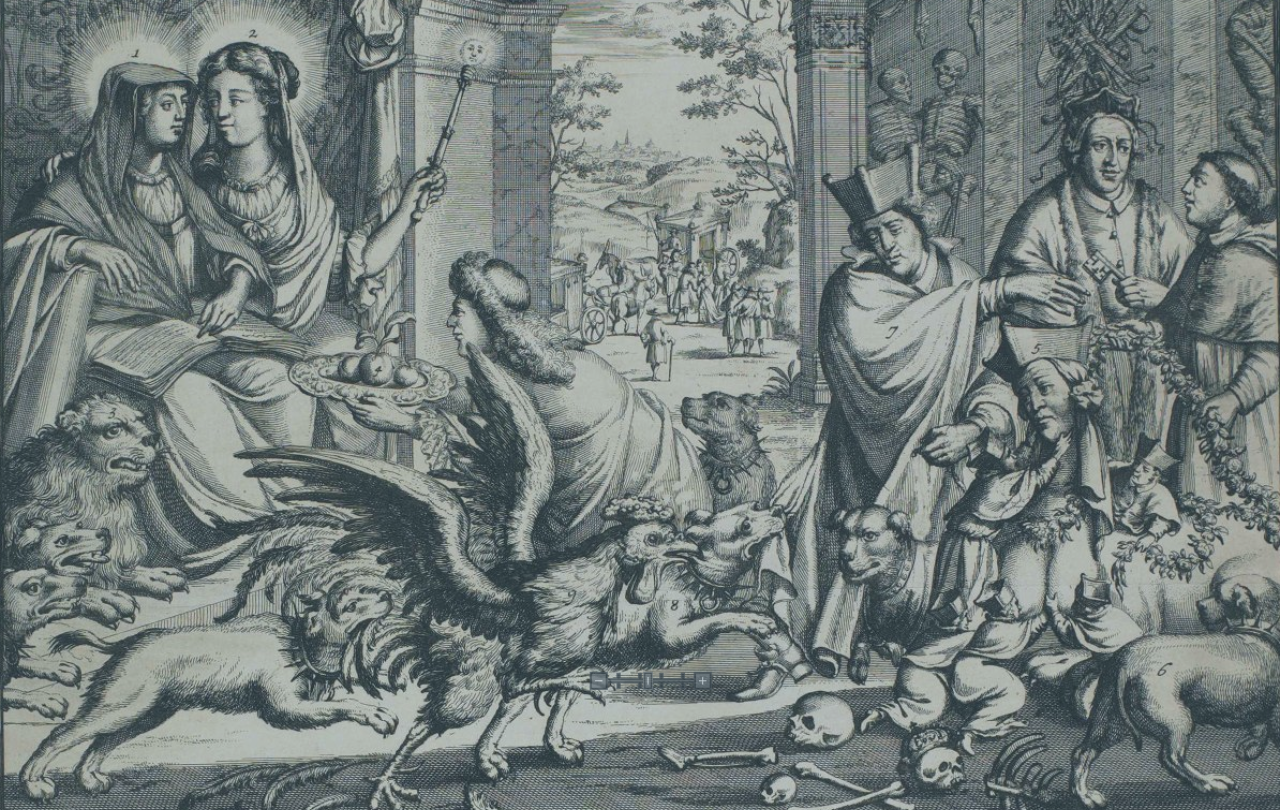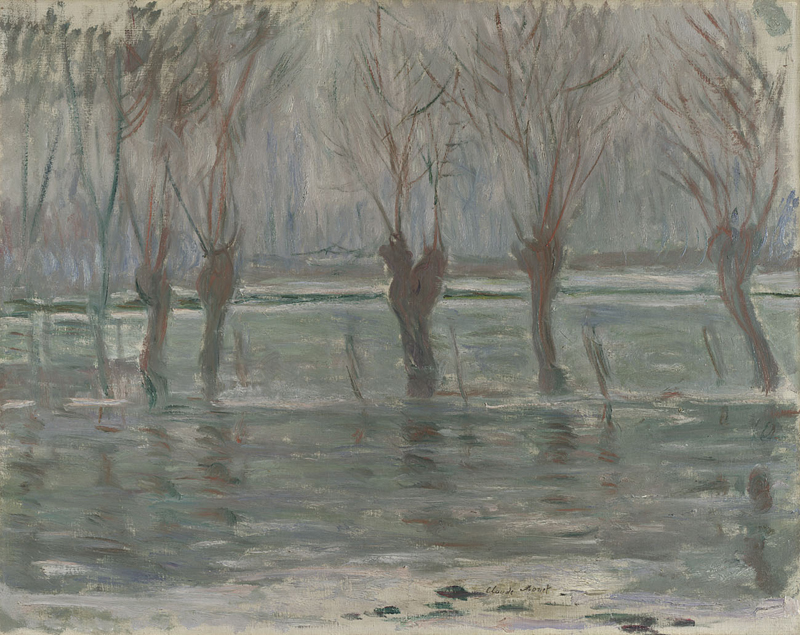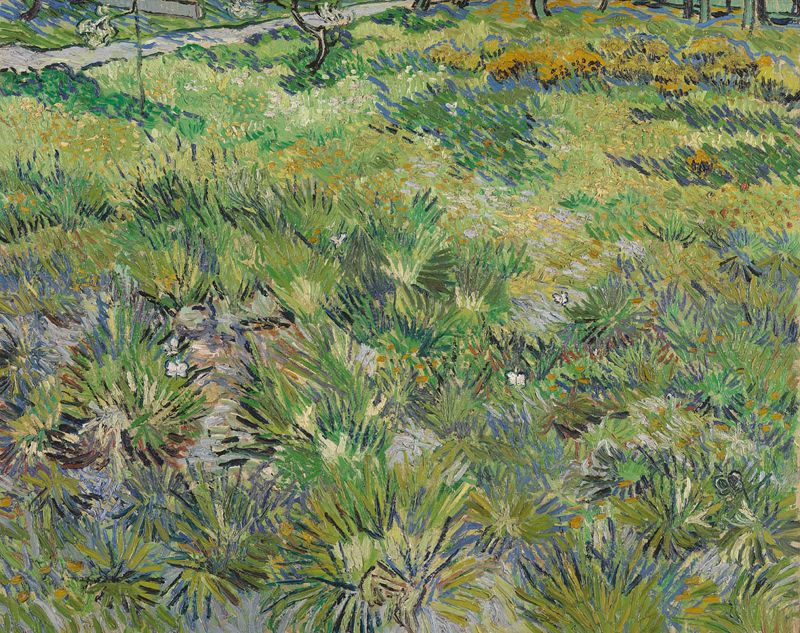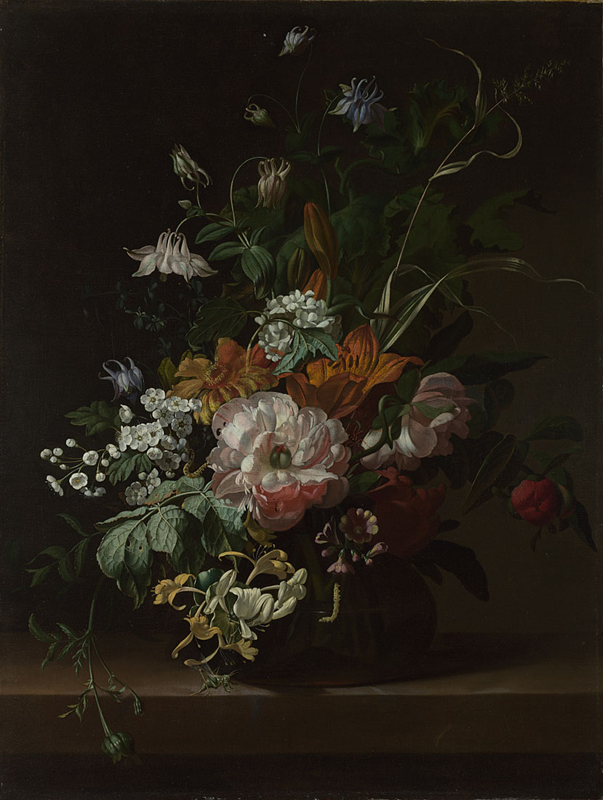
Christian monarchy has played a central part in the history of the British Isles, promoting the rule of order, justice and mercy in conformity with the values of the kingdom of God and cementing a close alliance between the institutions of crown and church.
Both these aspects are well illustrated in the life and deeds of the first English king to convert to Christianity. Aethelbert, who ruled Kent from 587 to 616, seems to have come to faith through a combination of the influence of his wife, Bertha, the daughter of a Frankish Christian king, and the preaching of St Augustine, who arrived in Thanet in 597, having been sent from Rome by Pope Gregory. According to one account, 10,000 of Aethelbert’s subjects followed him in converting and underwent a mass baptism. Among his first actions as a Christian king were to issue the first set of laws in the English language and to grant land to Augustine on which to build an Abbey, which later became Canterbury Cathedral.
Reign responsibly
Exemplified by such figures as Arthur and Alfred, Christian kingship brought new titles as well as new responsibilities for Britain’s rulers. The first to be appropriated was that of ruling through the grace of God, or Deo Gratia, the idea that is still expressed on every coin of the realm through the abbreviation DG. The late eighth-century Anglo-Saxon king Offa described himself as ‘by the divine controlling grace king of the Mercians’. From the mid-tenth century, several English kings also began styling themselves Christ’s Vicar or deputy. Edgar, Alfred’s great grandson who ruled from 957 to 975, so described himself when founding a new monastery at Winchester in 966. Some years later Ethelred II stated that ‘the king must be regarded not only as the head of the church but also as a vicar of Christ among Christian folk’.
Cult kings
The Middle Ages saw the flowering of the cult of Christian monarchy as both splendid and servant-like, pious and chivalrous, full of knightly virtue, gung-ho triumphalism and miraculous powers, as exemplified in the widespread belief that the king’s touch could cure those suffering from scrofula. While Medieval monarchs cultivated magnificent splendour, they also espoused the theme of the servant-king and acknowledged their utter dependence on God’s grace. Both these elements were reflected in the civic triumphs staged around Epiphany or Advent for the entrance of monarchs into the cities of their realms with the king being portrayed as the type of Christ and the queen as the bearer of heavenly glory. Deliberately modelled on Jesus’ entry into Jerusalem, they served as a reminder of the journey to be undertaken by all souls, including royal ones, towards death and the throne of heaven.
Moderate monarchy
The crown played a crucial part in the English Reformation which was initiated by Henry VIII with the help of his loyal lieutenant Thomas Cranmer. Together they created what was effectively a nationalised state church of a moderately Protestant hue with the monarch at its head, bishops and a conservative liturgy in English. Subsequent sovereigns made their influence felt on the emerging Church of England, with Edward VI steering it in a more Protestant direction and playing a key role in the preparation of the first English Prayer Book of 1549, and Elizabeth steadying it to produce the Anglican via media which has remained one of its distinguishing characteristics to this day.
The monarch's headship of the Church of England was a key part of the Reformation settlement. It was established in the 1534 Supremacy Act which declared King Henry VIII 'the only supreme head in earth of the Church of England' with full authority to intervene in its affairs. Elizabeth I modified the monarch’s title from ‘Supreme Head’ to 'Supreme Governor', which it has remained ever since. Alongside it goes the title of ‘Defender of the Faith’, represented on coins as F.D., originally given to Henry VIII by the Pope in 1521 for his defence of the traditional sacraments of the Catholic Church against the novel teaching of Martin Luther. Although revoked after the Reformation, it has continued to be used by and about all monarchs since, although its meaning has never been precisely defined.
Media monarchy
Stuart monarchs tended to push Christian monarchy in a more absolutist direction, being enamoured of the doctrine of the Divine Right of Kings, although they also did much to forward Christianity in their realms. James VI of Scotland and I of England made a particularly valuable contribution in his patronage of the version of the Bible which still bears his name and is also known as the Authorised Version. He was adamant that it should not be a narrow reflection of a single theological position but rather an irenicon, or instrument of peace, breadth and moderation in the new United Kingdom over which he reigned.
Modified monarchy
The so-called Glorious Revolution of 1688-9, when James II was deposed because of his Catholicism and perceived absolutism and William of Orange invited by Parliament to occupy the vacant throne, effectively signalled the triumph of a covenant theory of monarchy over that of divine right. The constitutional settlement that followed it rested on a concept of limited monarchy and was based on an essentially secular concept of social and civil contract. However, neither the Reformation notion of the godly prince ruling the godly commonwealth nor the close connections between Crown and Church were swept away. Indeed, they were strengthened, with the role of the United Kingdom monarch as protector of Protestantism being expressed in the accession and coronation oaths still taken today.
Modern monarchy
Christian monarchy developed in nineteenth and twentieth century Britain to focus much more on philanthropy, civic duty and spiritual leadership demonstrated through attendance at religious services and public exhortation. The close relationship between the crown and the churches, and especially the Church of England, has remained strong while being extended in recent decades to other faith groups as the monarch has increasingly taken on the role of ‘Defender of Faith’. Television has made the monarch’s Christmas Day broadcast a significant national moment of spiritual reflection.








